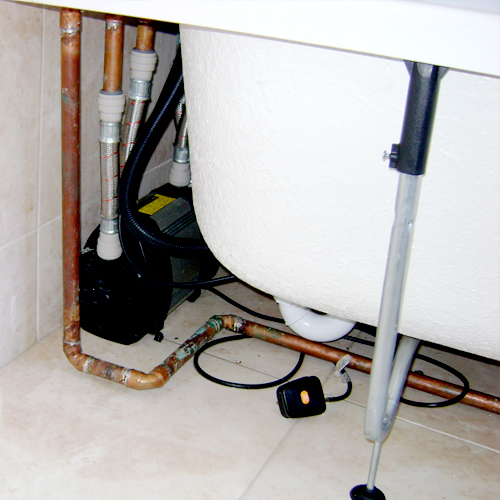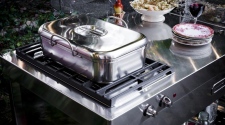Insulate your home
One of the most practical ways to improve your energy efficiency, cut your bills and reduce your carbon footprint is to insulate your home. A significant amount of heat can be lost in the attic and walls, so check how well insulated these areas are.
Don’t forget to air seal it
One effective way to reduce your energy consumption in the winter months is to air seal your home and prevent air leaks. Otherwise, a significant amount of heat can be lost, and you will have to use even more heating to keep your home warm.
Get a thermostat if you don’t already have one
A thermostat is a very useful instrument for minimising your heating consumption. You can program it to automatically reduce the temperature at night and when you’re not at home, or when the weather outside is warm enough to remove the need for any heating at all. A thermostat will also prevent your room temperatures from getting too warm, particularly when you’re cooking and the heat from your kitchen is already warming up much of your home naturally.
Consider a space heater
With a space heater, you can also programme your thermostat to only heat the room you are currently using, which will save you wasting energy and paying more for heating up the other rooms in your home.
Check your boiler
Is your boiler more than ten years old? Are you having to wait longer to have a shower because the water is taking longer to heat up? Even the best boilers are not immune to sudden failure, which is why you should use the summer time to check that your boiler is in full working order and ready for autumn and winter. Depending on your insurance, you may be able to receive free boiler inspections and repairs, or a discount on a new boiler.
Find out your water pressure
When there is insufficient water pressure, boilers can stop working or only work sporadically. For example, your hot water tap may be releasing little or no water, or may gradually release less less water the longer it is turned on.
Understand what optimal water pressure is
Whether you have an analogue or digital display, check that your water pressure is between 1 and 1.5 bar. You can adjust the valves next to the boiler until the display is within the required range.
Consider installing a trace heating system
Trace heating cables can prevent condensation in pipes and gutters from freezing, and also help to regulate the temperature in your pipes. They will help prevent the formation of ice in waste pipes and downpipes, as well as garden sprinkler systems.
Why wait until winter when you can sort out your central heating now?
Don’t end up in a situation where it’s -5 degrees Celsius outside and you have no central heating or any immediate access to hot water. By preparing your central heating system well in advance of the colder months, you can relax and feel assured that you and your family will keep warm and comfortable throughout the winter.
Michael Blake is the Founder of DRMB Plumbing & Heating based in London and provides a 24/7 plumbing services for customers across London, Kent and Surrey.















